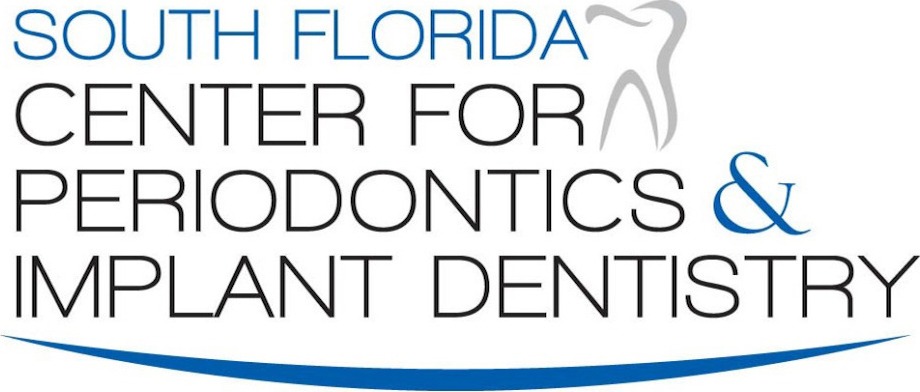Good Dental Implant Care Today Can Save You Money Tomorrow
October 8th, 2024Many of our dental implant patients are surprised to know that home care for their fabulous new smile isn’t much different from caring for natural teeth. We’ll suggest you:
- Consider an electronic toothbrush which will gently remove dangerous bacteria
- Floss or use interdental brushes daily
- Consider an antimicrobial mouthwash (one that doesn’t contain harsh chemicals or alcohol) to help prevent bacteria buildup and therefore help reduce the risk of infection
- Avoid abrasive toothbrushes and toothpaste which can scratch your restorations if they are acrylic and not ceramic

Smoking is bad for your entire body. In terms of dental implants, smoking is especially frowned upon especially while your mouth is healing since nicotine constricts blood vessels which then slows down the healing process. Some studies show that smokers incur an increased risk of failure when it comes to dental implants as compared to non-smokers.
Exercise is great for your entire body, including your new dental implants. Keeping active improves blood circulation, helps reduce inflammation, boosts your immune system and reduces stress, which can help individuals who grind their teeth.
Implants, like your regular teeth, are vulnerable to stress from extreme biting force. We can make a mouthguard to help protect your teeth. Although we’ll suggest you avoid strenuous activity for a week or so after dental implant surgery, ultimately resuming a regular exercise regime will help preserve the health of your improved smile.
Taking Care of Your Smile
Proper oral health maintenance at home and regular visits with your dental practitioners will help ensure the longevity of your dental implant or implants. If you’re experiencing any kind of swelling or pain around an implant, early intervention is important. Even though your dental implant crown can’t get a cavity, you are still susceptible to gum disease which, if not treated, can progress to peri-implantitis, a dangerous, inflammatory condition around your dental implant which requires prompt periodontal action to treat the infection.
Symptoms of peri-implantitis are like gum disease and can start with mild swelling or tenderness around the implant or even a bad taste in your mouth.
If you have a dental implant and are experiencing any discomfort, bleeding or mobility, contact our office today. Even if you didn’t have the implant placed by one of our dental implant surgeons, we can help save your tooth—and your investment. Referrals are always welcomed but are not required.
